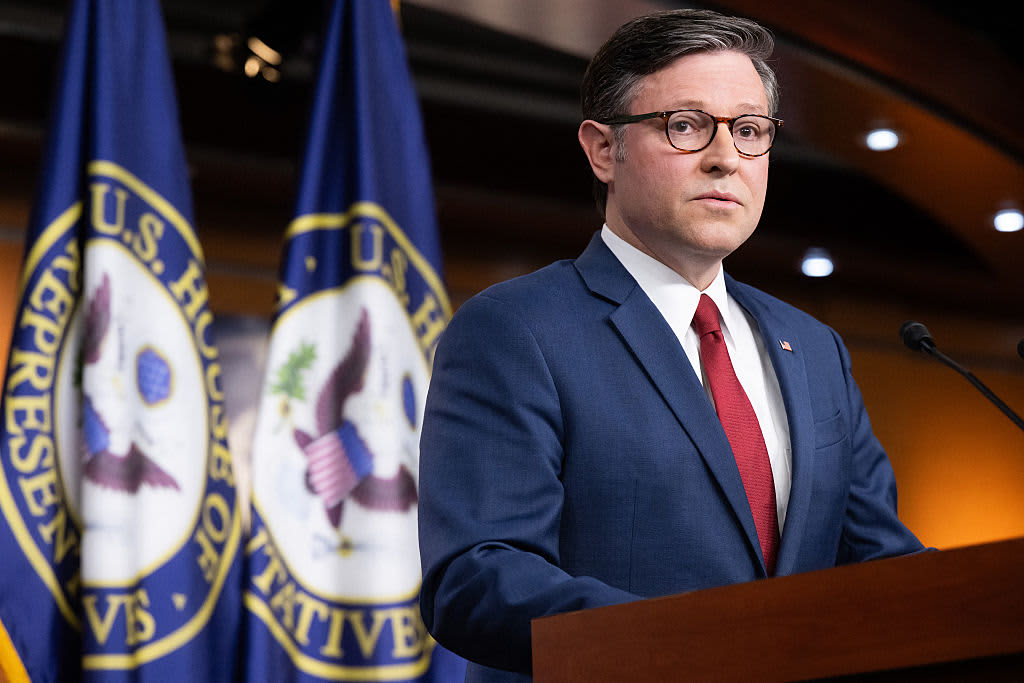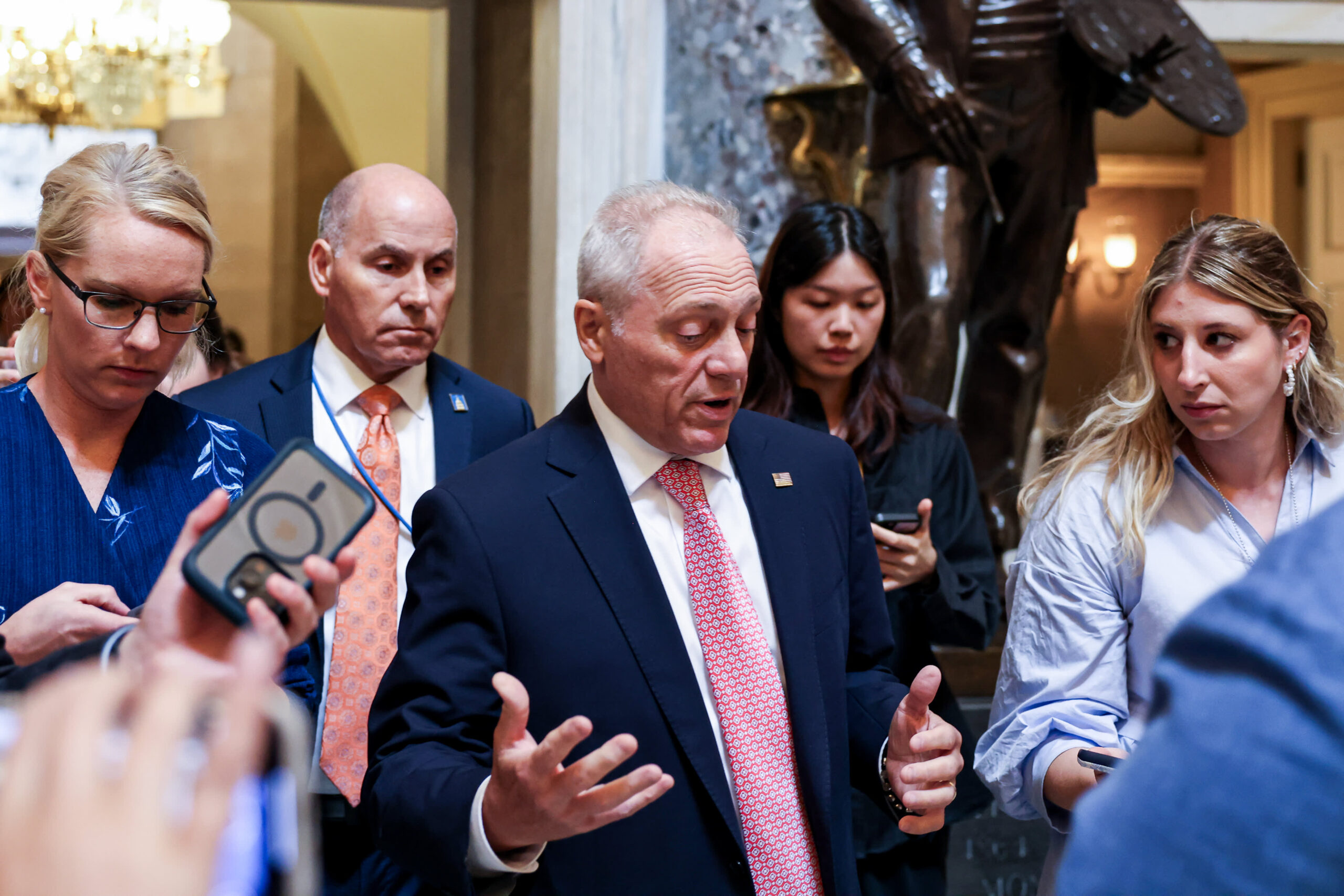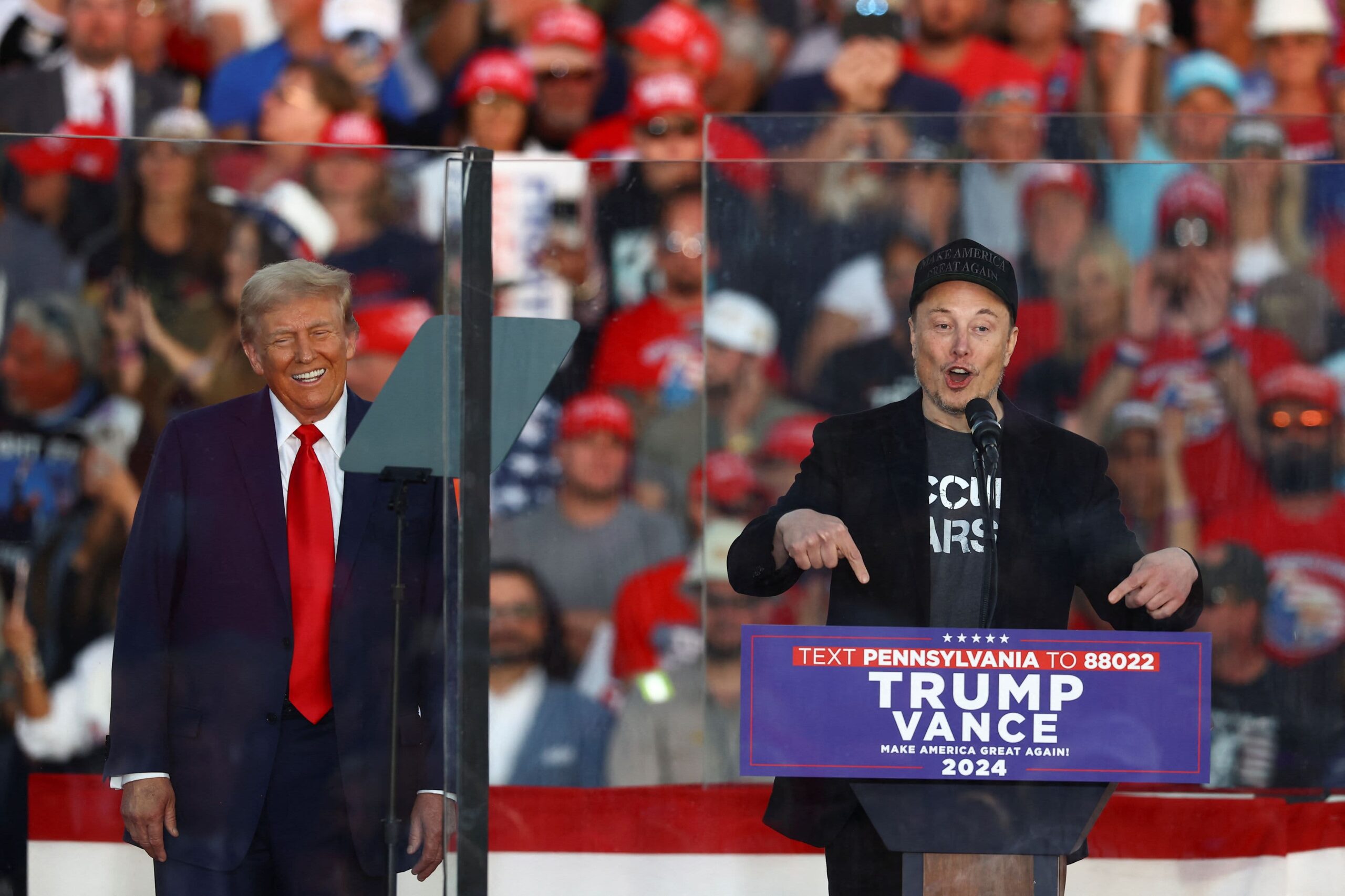
House Speaker Mike Johnson on Monday called for House members to begin traveling to Washington, D.C., so that they can vote as soon as possible on a Senate deal that would end the longest U.S. government shutdown in history.
Johnson, R-La., spoke to reporters a day after the Senate narrowly approved the first stage of the deal to reopen the government, which shut down on Oct. 1.
To end the shutdown, the House needs to pass any deal that survives Senate votes. President Donald Trump would then have to sign it into law.
Johnson indicated to reporters that he expected votes in the House to occur this week, but he did not state a specific day. He later told the Republican House conference during a call that he would like the vote to occur on Wednesday, although that is contingent on the Senate voting for it completely by then, according to a person familiar with the situation.
The speaker said he would issue an official 36-hour notice before the House votes.
Johnson said, “There’ll be long days and long nights here for the foreseeable future to make up for all this lost time that was imposed upon us.”
Johnson has kept the House out of session since it passed a continuing resolution in September to fund the government through mid-November.
Senate Majority Leader John Thune, R.-S.D., speaking on the Senate flood Monday morning, urged his colleagues to vote as soon as Monday to send the deal to the House.
“Let’s not pointlessly drag this bill out,” Thune said. “Let’s get it done. Get it over to the House so that we can get this government open.”
“I am grateful that the end is in sight, but I would encourage every member of this body, Democrat or Republican, pro-bill or anti-bill, not to stand in the way of being able to deliver the coming relief quickly,” Thune said.
“The American people have suffered for long enough.”
Any one senator can delay voting on the bill for days with procedural hurdles. But a vote can be held quickly if the entire Senate agrees that it should happen.
The Senate deal, forged over the weekend, drew support from seven Democrats and one independent who caucuses with Democrats, which, combined with 52 Republican senators’ votes, was enough to reach a 60-vote threshold to pass.
The deal does not include what had been the key demand for Democrats: an extension of enhanced Affordable Care Act tax credits, which are due to expire at the end of December.
But the agreement, for the first time since the shutdown began, includes a guarantee by Republicans of a vote in December on a bill chosen by Democrats to extend those subsidies, which more than 20 million Americans use to reduce the cost of health insurance plans purchased on ACA marketplaces.
The Senate deal would fund the government through the end of January; reverse all shutdown-related layoffs of federal employees; and guarantee that all federal workers will be paid their normal salaries during the shutdown.
The deal also includes provisions for a bipartisan budget process and prevents the White House from using continuing resolutions to fund the government. CRs have been repeatedly used to avoid government shutdown, but are controversial because they frequently avoid lawmakers having to make decisions about long-term funding of the government that a normal budget would resolve.
The deal would also fund, through September, the SNAP program, which helps feed 42 million Americans through food stamps.
Under a federal law passed in 2019, government employees who are furloughed during a shutdown must be paid for the time they were out of work at their standard rate of pay “at the earliest date possible, regardless of scheduled pay dates.”
— CNBC’s Emily Wilkins contributed to this story.

